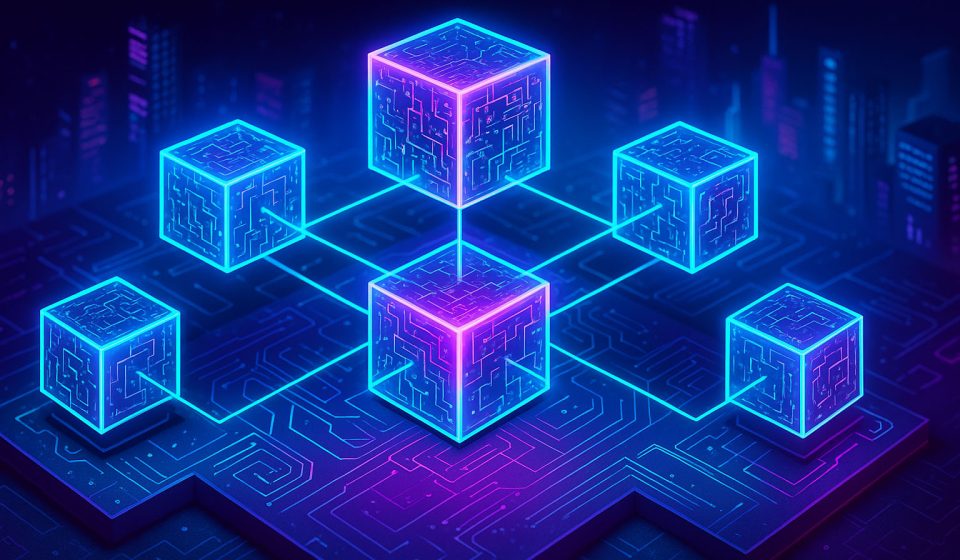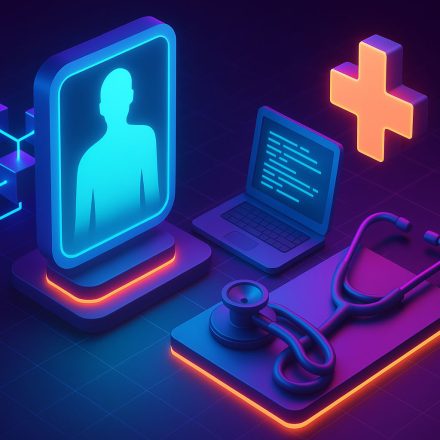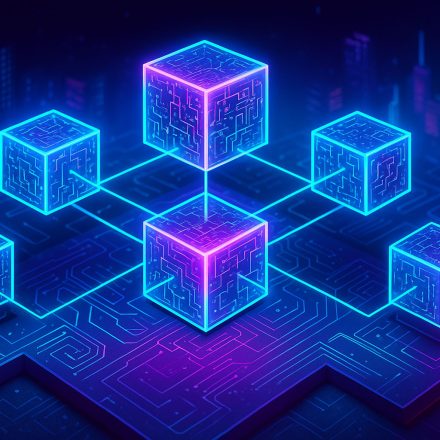
🌍 Top Real-World Blockchain Use Cases You Should Know
What are the most impactful blockchain use cases beyond cryptocurrency? While Bitcoin introduced blockchain to the world, the technology’s potential extends far beyond digital money. Today, it’s transforming industries by improving transparency, security, and efficiency.
Table Of Content
In this guide, we explore top real-world blockchain use cases across various sectors. Whether you’re new to blockchain or looking to understand its practical value, this article is a great starting point.
At BlockchainInsights.org, we break down powerful blockchain concepts in simple terms to help you stay informed and empowered.
🚚 1. Supply Chain Management
One of the most successful blockchain use cases is in tracking goods and verifying authenticity. By recording every step of a product’s journey on the blockchain, companies reduce fraud, improve efficiency, and provide transparency to customers.
Example: IBM and Walmart use blockchain to trace food origins in seconds — reducing health risks and increasing consumer trust.
💸 2. Financial Services and Cross-Border Payments
Blockchain drastically improves cross-border transactions by reducing costs and processing times. Traditional systems take days to settle international payments. Blockchain enables near-instant, low-cost transfers — without banks or intermediaries.
Example: Ripple’s XRP Ledger and Stellar’s network power cross-border payment systems for financial institutions around the world.
🏥 3. Healthcare Data Security
Blockchain allows healthcare providers to store patient records securely and share data between institutions while preserving privacy. It also ensures drug authenticity and streamlines clinical trials.
Example: Estonia has implemented a blockchain-based eHealth system to manage medical records and prescriptions at a national level.
🏡 4. Real Estate and Land Registries
Property transfers involve paperwork, legal fees, and intermediaries. Blockchain simplifies this by storing ownership records on a decentralized ledger, reducing fraud and speeding up sales.
Example: The Republic of Georgia uses blockchain for registering land titles to prevent disputes and protect ownership.
🧾 5. Voting Systems
Blockchain can make voting more transparent, secure, and resistant to fraud. Each vote becomes a tamper-proof record, and results are publicly verifiable — reducing mistrust in elections.
Example: West Virginia tested a blockchain voting pilot in 2018 for overseas military voters using mobile devices.
🎮 6. Gaming and Virtual Assets
In gaming, blockchain allows players to truly own in-game assets like skins, weapons, or land. These assets can be traded outside of the game and verified on-chain.
Example: Axie Infinity and The Sandbox let users own, trade, and monetize game content through NFTs and tokenized economies.
🎭 7. Digital Identity
Managing online identity is a growing problem. Blockchain enables users to control their digital identity without relying on centralized providers, reducing identity theft and enhancing privacy.
Example: Projects like uPort and Sovrin give users self-sovereign identity solutions for secure access to services.
🌱 8. Environmental Impact and Carbon Tracking
Blockchain is being used to track carbon credits and verify environmental impact in a transparent way — helping companies prove their sustainability claims.
Example: IBM and Energy Blockchain Lab track carbon assets and enable transparent carbon trading in China.
🧾 Learn More
Explore the technology powering these use cases in our guide:
“How Blockchain Works: A Simple Guide for Beginners”
https://blockchaininsights.org/how-blockchain-works
📝 Final Thoughts
These blockchain use cases show how the technology goes far beyond Bitcoin. From finance to healthcare, blockchain is helping create more transparent, efficient, and secure systems.
At BlockchainInsights.org, we’ll continue to explore how blockchain is being applied around the world — and why it matters for our digital future.








